France and Tunisia forced back to drawing board after Washington signals disapproval

The United States on Friday prevented a vote in the UN Security Council on a resolution on the coronavirus pandemic. AFP
The US on Friday “broke silence” on the Covid-19 resolution at the UN Security Council, criticising China for “trying to advance false narratives” and forcing France and Tunisia to seek an alternative solution.
A Department of State spokesperson said the US had worked with Council members constructively for more than six weeks to attempt to reach an agreement on supporting the Secretary-General's call for a global ceasefire during the coronavirus crisis.
The US blamed China for the failure to secure an agreement on the resolution. “Unfortunately, the PRC has been determined to use this resolution to advance false narratives about its response to the Covid-19 outbreak in Wuhan,” the spokesperson told The National.
On Friday, tensions between the US and China appeared to be at the forefront of reasons why members could not agree on a resolution.

The US on Friday “broke silence” on the Covid-19 resolution at the UN Security Council, criticising China for “trying to advance false narratives” and forcing France and Tunisia to seek an alternative solution.
A Department of State spokesperson said the US had worked with Council members constructively for more than six weeks to attempt to reach an agreement on supporting the Secretary-General's call for a global ceasefire during the coronavirus crisis.
The US blamed China for the failure to secure an agreement on the resolution. “Unfortunately, the PRC has been determined to use this resolution to advance false narratives about its response to the Covid-19 outbreak in Wuhan,” the spokesperson told The National.
On Friday, tensions between the US and China appeared to be at the forefront of reasons why members could not agree on a resolution.

“The PRC has repeatedly blocked compromises that would have allowed the Council to move forward,” the spokesman said.
Asked what should be changed, the spokesperson said that the Council should either proceed with a resolution limited to support for a ceasefire or a broadened resolution that fully addresses the need for renewed member state commitment to transparency and accountability in the context of Covid-19. “Transparency and reliable data are essential to helping the world combat this ongoing pandemic, and the next one.”
The 15 member body has been grappling with the wording of its response to the pandemic.
The text, which has been under negotiation since March, called for a worldwide cessation of hostilities in conflict zones so governments can tackle outbreaks of the novel coronavirus.
After the US signalled its disapproval earlier on Friday, a UN-based diplomat, speaking on condition of anonymity, told The National that France and Tunisia would have to go back to the drawing board to resolve the dispute over the resolution.
“Once this happens, the resolution will be under silence again until the next vote.”
Washington had previously called for the virus to be named “Wuhan Virus” in any statements or documents.
Another issue hampering efforts to pass a resolution on coronavirus was the request of some member states to include lifting sanctions on Sudan and Zimbabwe.
Earlier Friday, before news of the US decision broke, UN Secretary General Antonio Guterres said Covid-19 was resulting in “a tsunami of hate and xenophobia, scapegoating and scaremongering”.
Updated: May 9, 2020 04:07 AM
Asked what should be changed, the spokesperson said that the Council should either proceed with a resolution limited to support for a ceasefire or a broadened resolution that fully addresses the need for renewed member state commitment to transparency and accountability in the context of Covid-19. “Transparency and reliable data are essential to helping the world combat this ongoing pandemic, and the next one.”
The 15 member body has been grappling with the wording of its response to the pandemic.
The text, which has been under negotiation since March, called for a worldwide cessation of hostilities in conflict zones so governments can tackle outbreaks of the novel coronavirus.
After the US signalled its disapproval earlier on Friday, a UN-based diplomat, speaking on condition of anonymity, told The National that France and Tunisia would have to go back to the drawing board to resolve the dispute over the resolution.
“Once this happens, the resolution will be under silence again until the next vote.”
Washington had previously called for the virus to be named “Wuhan Virus” in any statements or documents.
Another issue hampering efforts to pass a resolution on coronavirus was the request of some member states to include lifting sanctions on Sudan and Zimbabwe.
Earlier Friday, before news of the US decision broke, UN Secretary General Antonio Guterres said Covid-19 was resulting in “a tsunami of hate and xenophobia, scapegoating and scaremongering”.
Updated: May 9, 2020 04:07 AM



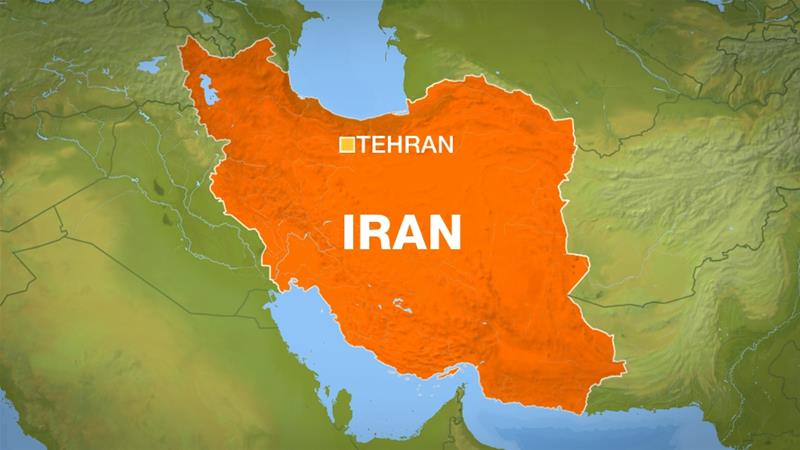

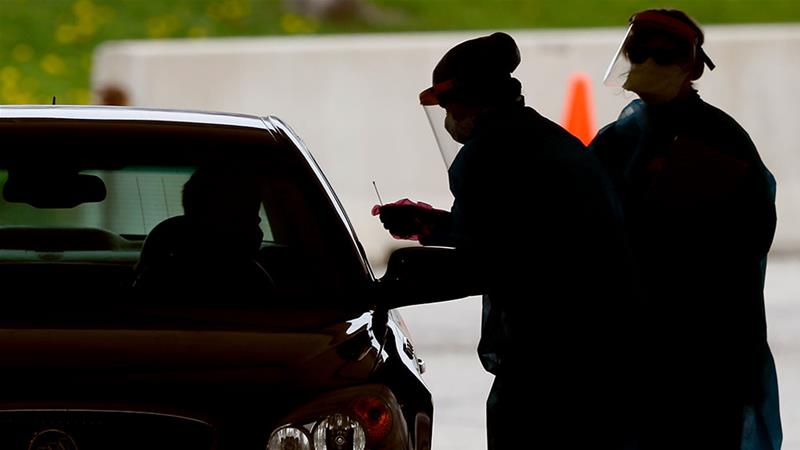
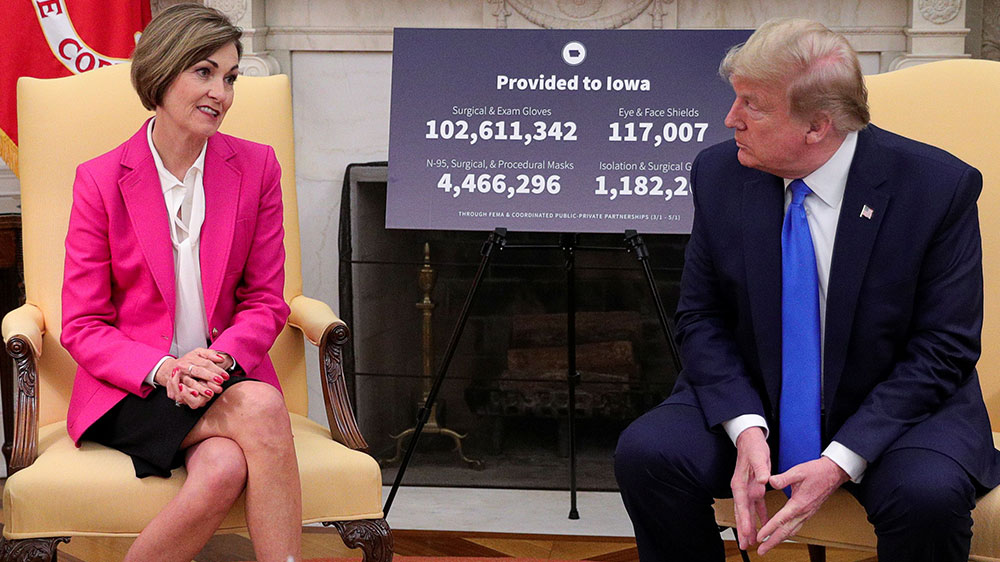


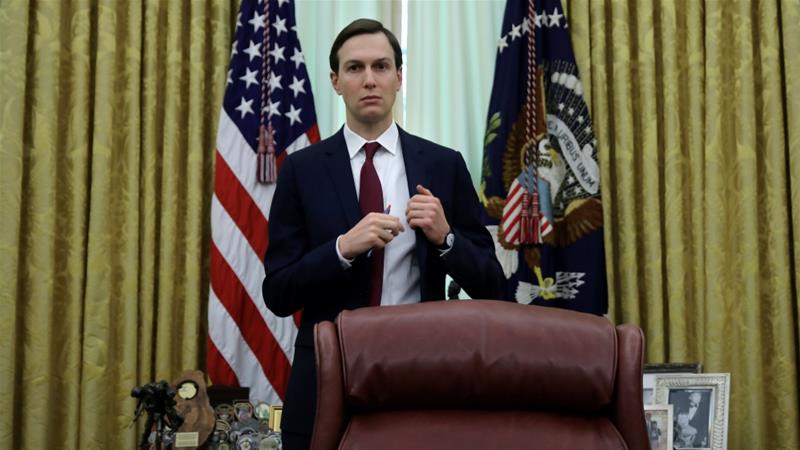


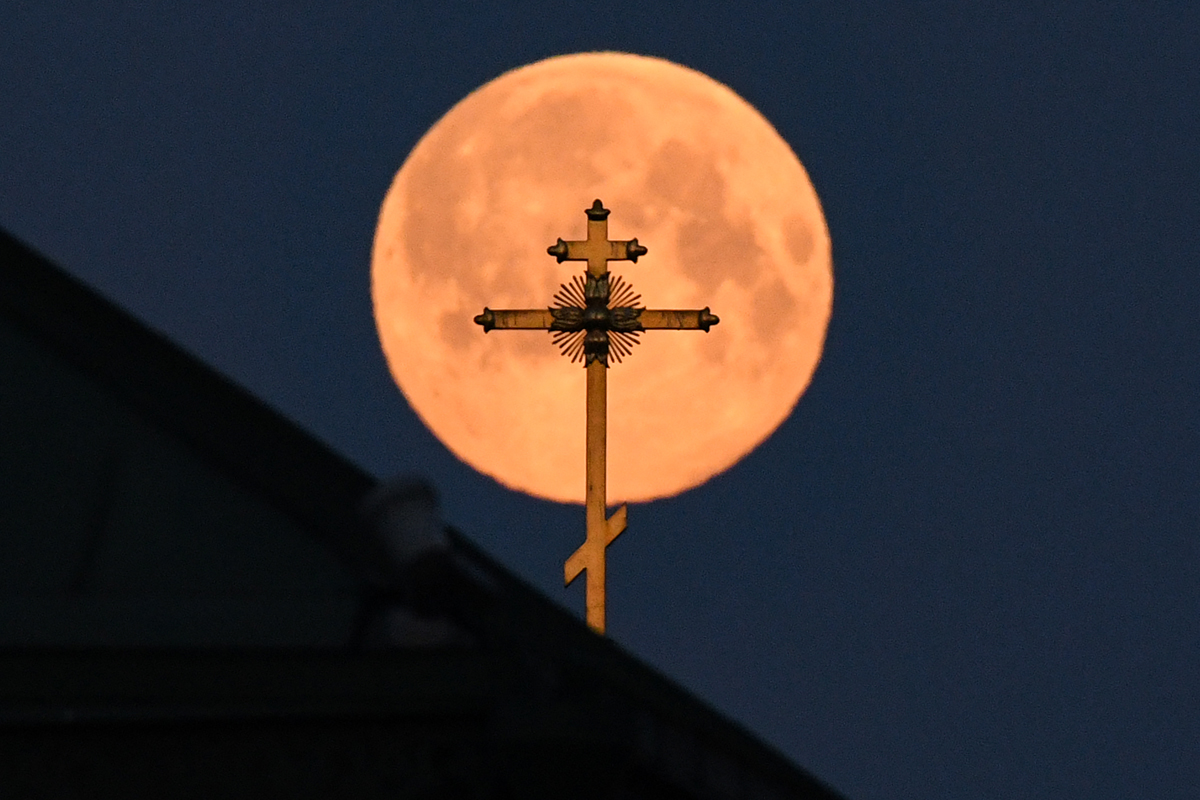



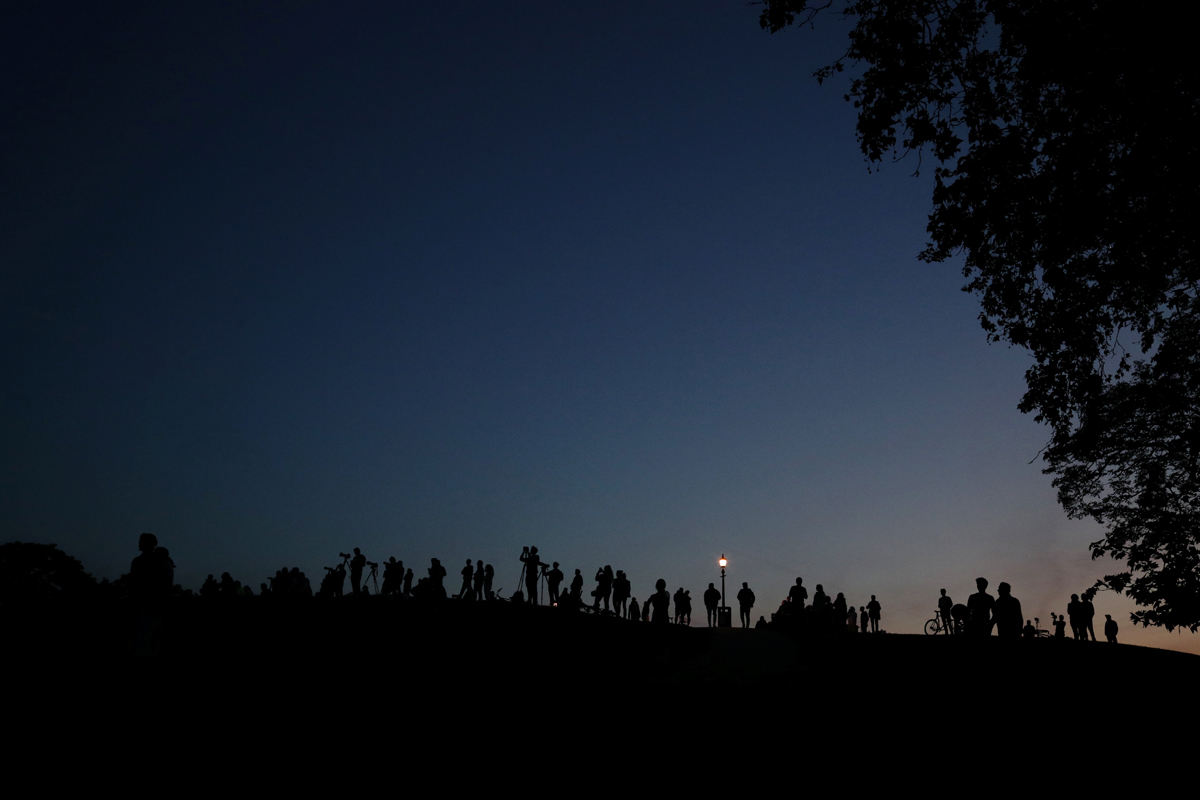



![A supermoon rises over Mow Cop Castle near Stoke-on-Trent, central England [Oli Scarff/AFP]](https://www.aljazeera.com/mritems/Images/2020/5/8/5b31ef2086f64a51a89e7e89e435578f_8.jpg)
